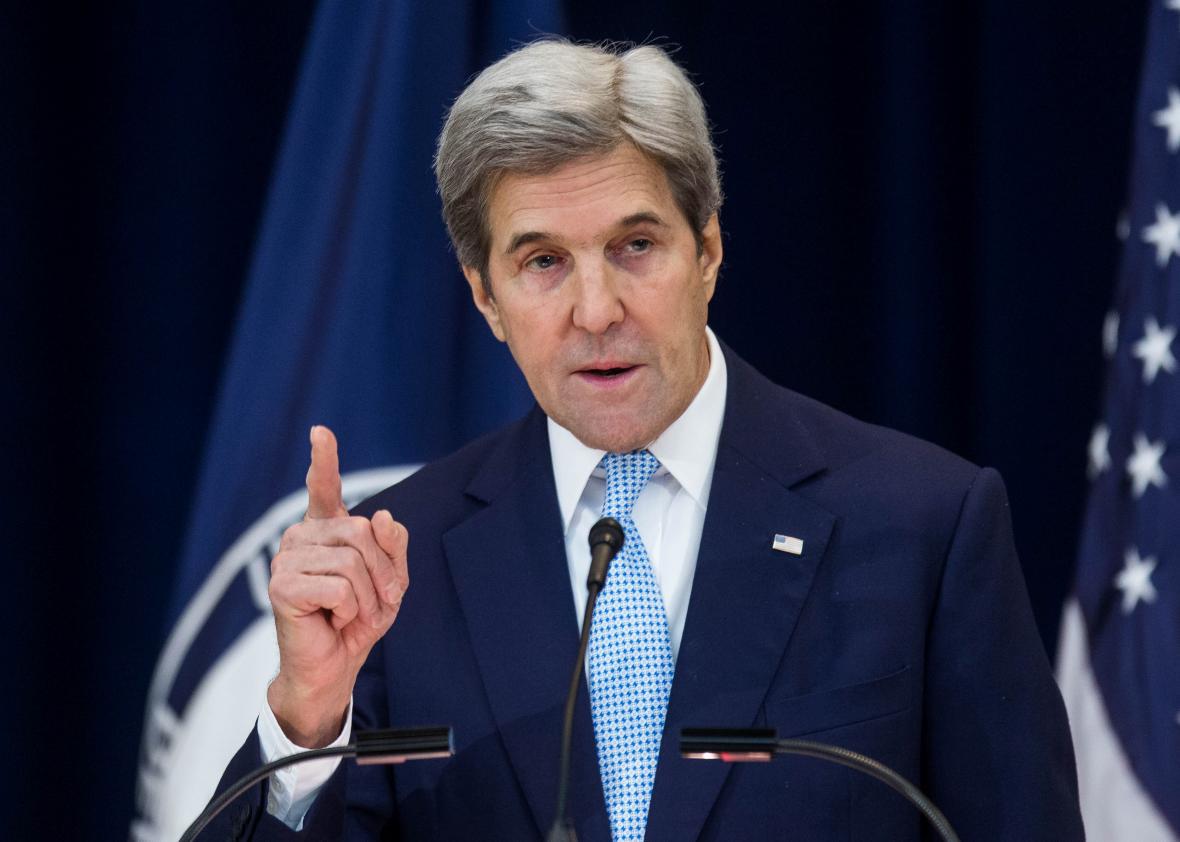President-elect Donald Trump reiterated on Wednesday his opposition to last week’s United Nations Security Council vote to condemn Israeli settlements that were already considered illegal under international law, while Secretary of State John Kerry gave a major speech seeking to explain the current administration’s decision not to veto the resolution.
Trump tweeted his continued opposition to the resolution and pledged to reverse Obama’s Middle East policies, suggesting that he would also work to undo the Iran nuclear deal that was strongly opposed by Israel but has resulted in the country complying with its nuclear obligations.
The tweets came as Israel delayed a vote to approve 492 homes in Jewish neighborhoods in East Jerusalem, which Israel sees as part of its capital and Palestinians want as the capital of any future state. The Washington Post wrote that Israeli media was reporting that Jerusalem’s Municipal Planning and Construction Committee had, however, approved plans for a new building in a Palestinian neighborhood in East Jerusalem.
Last week’s resolution declared that the establishment of settlements in territories Israel occupied during the 1967 Arab–Israeli War and continues to control “has no legal validity and constitutes a flagrant violation under international law and a major obstacle to the achievement of the two-state solution and a just, lasting and comprehensive peace.” The resolution simply seemed to have reiterated a previous U.N. Security Council resolution describing the settlements as illegal and an obstacle to peace.
Israel had been infuriated by the latest resolution, accusing Barack Obama’s administration of being behind the vote and threatening to provide Trump with evidence demonstrating such. The United States—which could have vetoed the measure in the Security Council—abstained from the latest vote.
In his own speech defending the decision, Kerry called the claims that a “U.S.-led conspiracy” was behind the vote “manufactured.”
“[We] reject the notion that the United States was somehow the driving force behind this resolution,” he said. He did acknowledge, though, that Americans had told the resolution’s Egyptian and Palestinian backers that if “balanced” language was included in the measure, then the United States might feel comfortable not vetoing it.
Benjamin Netanyahu was apparently behind the move to delay the scheduled East Jerusalem construction vote, with the BBC reporting that Israel was looking to ratchet down tensions with the current administration before Kerry’s speech.
During that more than 70-minute address, Kerry said that the United States couldn’t “in good conscience” have vetoed the measure.
“Friends need to tell each other the hard truths, and friendships require mutual respect,” he said.
“The vote in the United Nations was about preserving the two-state solution, that’s what we were standing up for,” he continued.
Kerry argued that the settlement expansion was among a number of trends on both sides that was putting any future peace based on a two-state solution in jeopardy. He added that a one-state solution would mean that Israel would either be a Democratic state or a Jewish state, but not both and not one sharing a lasting peace.
“The status quo is leading towards one state and perpetual occupation,” Kerry said.
He also condemned the Palestinian leadership for pursuing efforts to delegitimize Israel and for failing to condemn and even occasionally glorifying terrorist attackers.
But the bulk of the speech was addressed toward attempting to explain the decision not to veto the resolution, with Kerry saying that Netanyahu’s policies of proudly building more settlements than any previous Israeli government was “leading towards one state.” He also noted that every previous U.S. administration had opposed settlements as an obstacle to peace.
As the BBC wrote, more than 500,000 Jews live in 140 settlements in the West Bank and East Jerusalem. Kerry emphasized that these settlements were not the only obstacle to peace and would not necessarily all have to be dismantled as part of a peace agreement.
But he used the language of the U.S. civil rights movement to describe the Israeli-occupied West Bank as “segregated enclaves.”
“Separate and unequal is what you would have,” if the status quo remained, Kerry said. “And nobody can explain how that works.
“That is what informed our vote at the Security Council last week: The need to preserve the two-state solution.”
